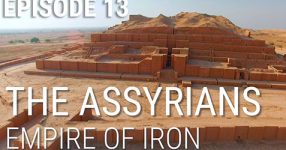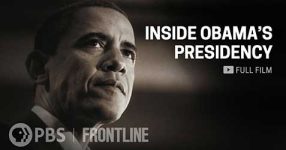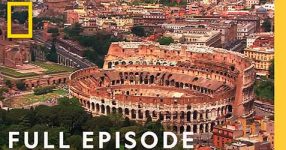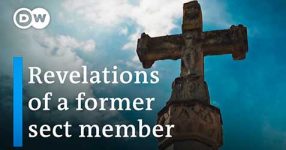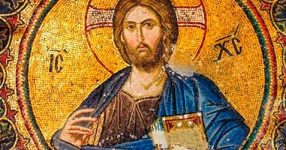The documentary “Luther and the Nation” explores the transformative journey of Martin Luther, initially a voice for church renewal. However, both the Pope and the Emperor perceived him as a threat, leading to his demonization. Despite opposition, Luther found immense support among the German population. The year 1521 marked a critical moment as Luther faced the Imperial Diet of Worms, an event that would alter the course of history. The atmosphere was charged with anticipation as Luther’s convictions clashed with the powerful forces of the Holy Roman Empire.
Luther’s Confrontation at the Diet of Worms
On April 16, 1521, Luther faced a defining moment in Worms, where he refused to recant his beliefs, proclaiming, “Unless I am convinced by the testimony of Scripture or by clear reason, I cannot and will not recant anything.” Luther’s unwavering stand set the stage for a clash of ideologies. The intricate dynamics of the fragmented 16th-century Germany, ruled by territorial princes, further complicated Luther’s quest for reform. The narrative unfolds against the backdrop of a disintegrating Holy Roman Empire.
The Unraveling of the Holy Roman Empire and Luther’s Reformation
Germany, in the early 16th century, lacked political unity, with territorial princes governing disparate regions. Luther initially critiqued church abuses, but his dissent expanded to rejecting intermediary authorities between man and God. Luther’s emphasis on the infallibility of the Bible challenged the established order. The documentary portrays Luther’s accusation of the Roman Catholic Church dignitaries behaving like princes rather than priests, sparking the Reformation. His dispute over indulgences, triggered by concerns for believers’ salvation, led to Luther being branded a heretic by the Pope.
Political Intricacies and Luther’s Protector
The political landscape featured powerful figures like Frederick the Wise, one of seven electors who influenced the election of the Emperor. The ascent of Charles V, a Habsburg ruler, further complicated Luther’s predicament. Despite opposition, the German princes compelled Charles to hear Luther, setting the stage for a clash between the reformer and the might of the Holy Roman Empire. Frederick the Wise played a pivotal role in protecting Luther, demonstrating the interplay between political power and religious dissent.
Propaganda, Media, and Luther’s Impact
As Luther faced opposition, a propaganda war ensued, marking the first in European history. Luther’s teachings gained momentum through the printing press, allowing his message to reach a wider audience. The documentary “Luther and the Nation” underscores how Luther’s translation of the Bible into German significantly impacted not only the Protestant territories but also influenced Catholics unwittingly. Luther’s legacy emerges as a cultural and linguistic achievement, contributing to the formation of a nation bound by a common language. His impact, both unifying and divisive, resonates through German history for centuries.


